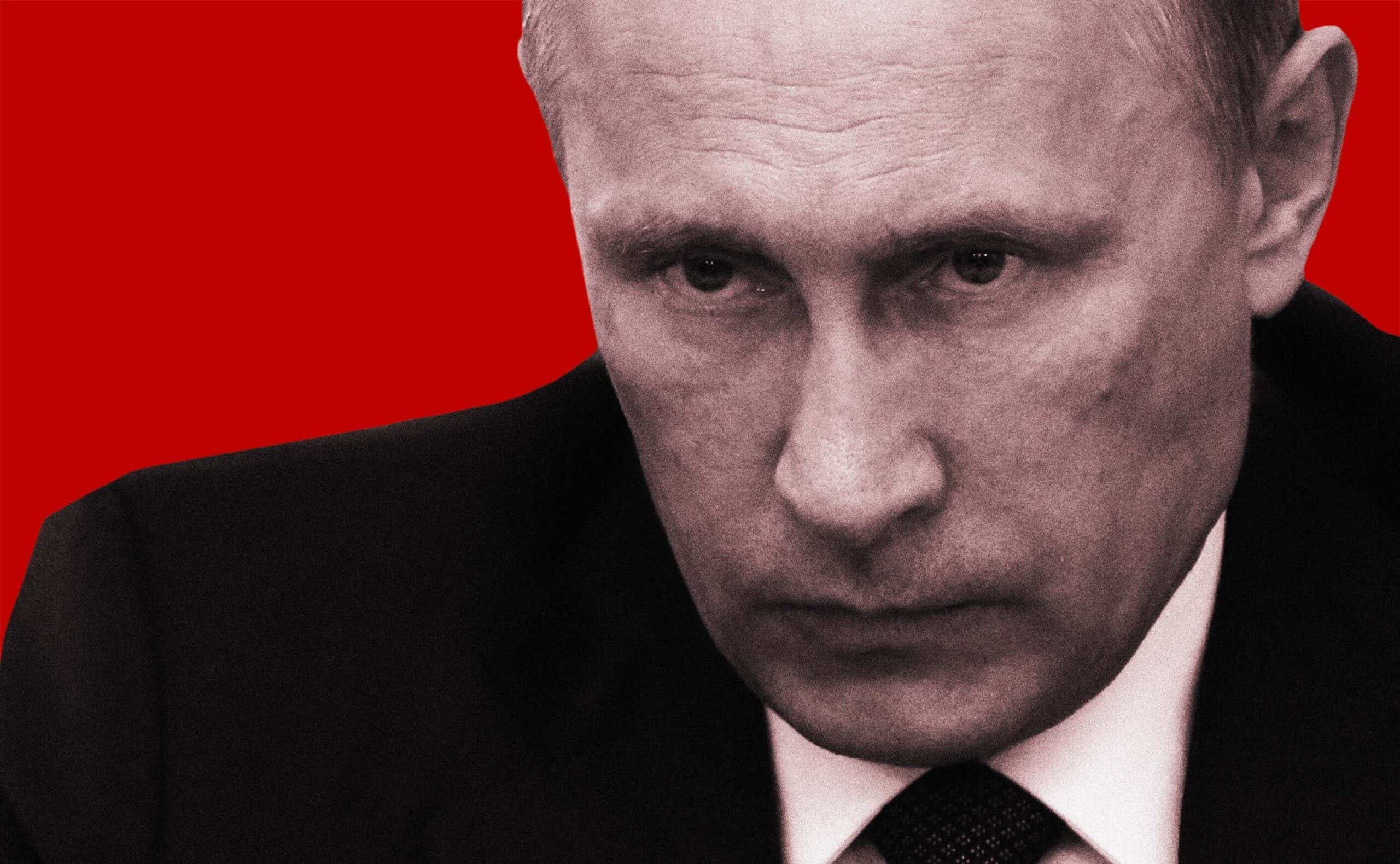Can Russian President Vladimir Putin be punished?
The International Criminal Court has opened an investigation into the war in Ukraine following a request by 39 member states as calls for war crimes charges against the Russian president continue to grow. Last month, British Health Secretary Sajid Javid vowed to hold Putin accountable for his actions and said the U.K. would help gather evidence.
"These are appalling atrocities being committed on innocent civilians. ... These are war crimes, and Putin will be held responsible," he said, according to The Guardian.
Javid isn’t the only one to levy such charges: British Prime Minister Boris Johnson, the American embassy in Ukraine, and U.S. ambassador to the United Nations Linda Thomas-Greenfield have also expressed similar sentiments. Meanwhile, even though President Biden has been hesitant to call Russia's recent killings of Ukrainian civilians a genocide, he has repeatedly condemned Putin as a war criminal, and said that he plans to slap Russia with additional sanctions over its actions in the war.
“You may remember I got criticized for calling Putin a war criminal,” Biden told reporters on Monday. “Well, the truth of the matter, you saw what happened in Bucha. This warrants him — he is a war criminal.”
Here's what you need to know about war crimes, including what the term really means, what Russia is accused of, and whether Putin could directly face charges.
First, what is a war crime?
Generally speaking, the United Nations defines war crimes as a serious breach of international law committed against civilians or “enemy combatants” during an international or domestic armed conflict.
Though the concept of war crimes go way back, they weren’t actually defined until 1949 under Article 147 of the Geneva Conventions, which outlined the "grave breaches" of the protection of civilians during wartime to include murder, torture, taking hostages, unlawful deportation, deprivation of the right to a fair trial, and "willfully causing great suffering or serious injury." These transgressions are, unfortunately, not uncommon in the brutality of war, so they’re judged based on the “military necessity” of such actions.
The International Criminal Court prosecutes these kinds of crimes, and even though some 123 countries are under its jurisdiction, this doesn’t include Russia or the U.S.
What war crimes has Putin been accused of?
The list keeps on growing, including the bombing of a maternity hospital, the shelling of civilian targets, and an attack on the Zaporizhzhia power plant located near the southeastern city of Enerhodar, Ukraine.
Many of these accusations center around the type of weapons used. For instance, the U.K. and human rights groups like Amnesty International have accused Russia of indiscriminately using cluster munitions — bombs that scatter or release small weapons over a wide area — to bombard residential areas and even nurseries. In fact, these weapons are considered so deadly to civilians that more than 100 countries (including the U.K. and Germany) have committed to never using them, but Russia and the U.S. are not part of this agreement. Similarly, Ukraine's ambassador to the U.S., Oksana Markarova, has alleged that Russia has been using vacuum bombs, which explode like a fireball and destroy anything in their path.
Meanwhile, Russia has flat out denied these claims, and shifted blame to Ukrainian forces, even accusing them of bombarding their own citizens.
Could Putin actually be charged?
Despite international outrage, building a case against Putin could prove extremely difficult and take years.
“International humanitarian law makes tremendous allowance — more than people realize — for incidental, or what the media calls collateral damage," says Bill Wiley, the founder and executive director of the Commission for International Justice and Accountability.
As Slate points out, getting Putin to actually face charges is only part of the challenge. Even with so many photographs and video of the devastation in Ukraine, the case against the Russian president would have to prove his intent behind the military actions. These would require evidence like memos and records that would likely be hard to come by in a government as tightly controlled as Russia's.
And even if Putin does stand trial, the likelihood of punishment isn’t particularly high, given that the ICC handed down only 10 convictions over the last 20 years.









